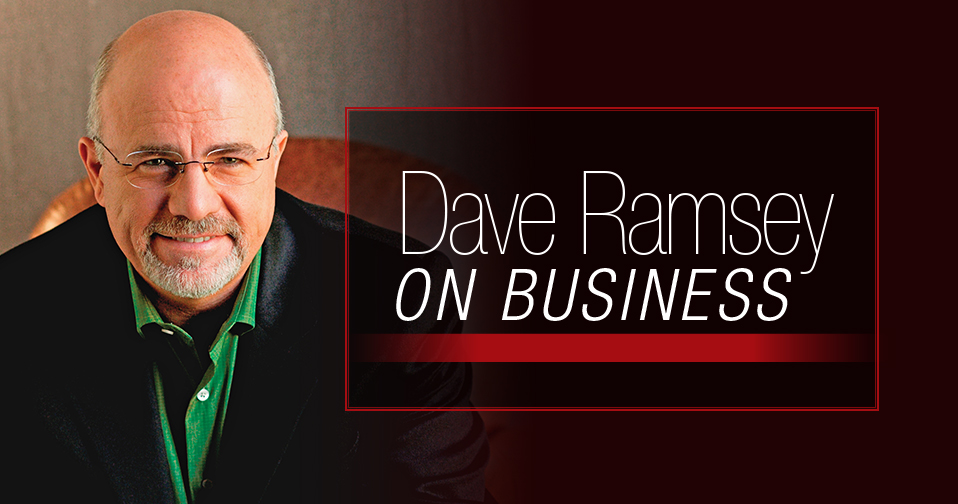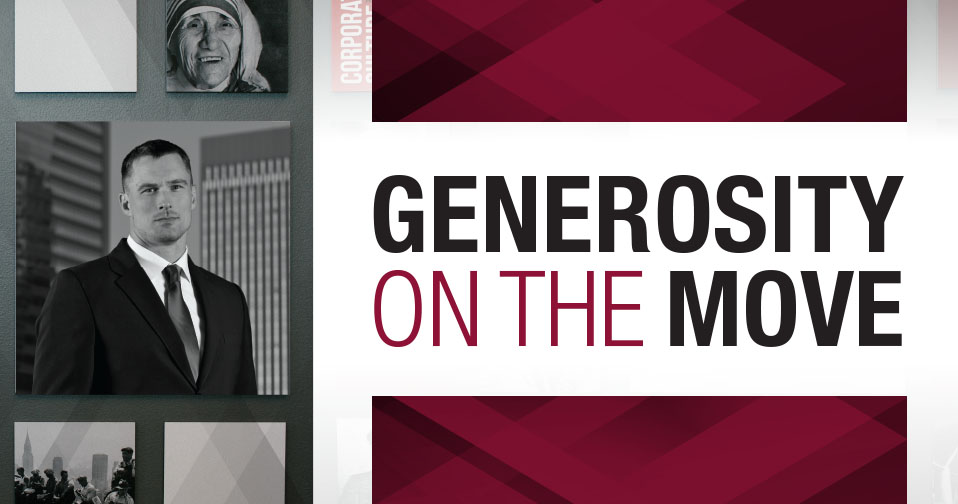Don Campion: Servant's Hands

Born the son of missionary parents in Nigeria, West Africa, Don Campion grew up seeing God work through the hands of His servants. His father was a doctor and his mother, a nurse. They founded and worked at a hospital in a small village called Egbe for forty years. As a boy, Don attended a western boarding school located about 500 miles from the mission village.
Don’s father was Canadian and his mother was American.When he graduated high school, Don went back to Toronto, Canada to attend Seneca College and earned his pilot’s license and a degree in Aviation. During the long breaks in the summers, spring break, and Christmas, Don would go to Miami to stay at the home of a friend of his from his boarding school days who was a flight instructor and aircraft broker. He saw an abundance of opportunity in the South Florida area and moved to Fort Lauderdale as soon as he graduated. Don said,
“I loved watching the missionary planes fly in and land in the grass air strip next to the hospital. They would pick up a group of us missionary kids and fly us to the school. That’s where my love of aviation and my desire to make it a career started.”
Don started working for a small charter air company that carried passengers back and forth to the Bahamas, but the company struggled to keep up with the maintenance requirements needed to maintain their commercial status. Don saw an opportunity to fill the need. He talked to his friend and they agreed to rent a hangar at the Fort Lauderdale Executive Airport. His friend could house planes that he was brokering and Don could use a part of it to start a maintenance shop to maintain the planes of the charter company he worked for. From a business perspective, it had very low overhead. Before long, other charter companies started asking Don to do their maintenance as well.
In 1979, Don and his friend officially started Banyan Air Service. Shortly after the business started, Don’s friend decided to pursue his passion of aircraft sales and flight instruction, and Don took over as sole owner of the company. In 1985 they leased property from a developer who had property at the airport, which gave them room to grow and add fueling to the services they provided. This opened a new set of opportunities to serve people that flew in and out of the airport and didn’t need maintenance but needed fuel. They coordinated rental cars and hotel reservations to better serve their clients.
As Banyan continued to grow, they purchased assets from surrounding businesses that had their leases expire or went out of business. They expanded the size of aircraft that they could service to include both piston and turbine engine planes, and started gaining national recognition for the service that they provided. As more planes started using their FBO (Fixed Base Operator) services, Don saw more opportunities to meet the needs of his clients.
Don realized that the clients that utilize Banyan’s facilities place a premium on their time. Banyan focuses on providing services to make their stay comfortable, convenient, and worry free by making arrangements for limos, rental cars, hotels, catering and other concierge services. They added a 5000 square foot specialty pilot shop, a South Beach themed restaurant, aircraft parts and supplies, avionics equipment, and office-in-the-sky packages that provide satellite TV, telephone, and internet service from takeoff to landing. This allows passengers to utilize fly time to conduct business. Banyan Air Service now occupies over 100 acres at the Executive Airport, over a million square feet of offices and hangars, and over 480 aircraft use their facility as a permanent base.
Where there was a need, Don saw opportunity. “We took advantage of the surrounding hangar space at the airport and started attracting other peripheral businesses as tenants to provide services that we didn’t provide, including aerial photography, flight schools, helicopter repair, air ambulance, legal assistance for aviation law, cargo, etc. We can now go to the people in our industry and say, ‘if you come to Banyan, you have access to more services offered to meet your needs than perhaps anywhere else in the world.’ That approach has been working very well.”
“We employ about 200 teammates, and I have always referred to our employees in that manner because we are all a team. We have a very stringent hiring process consisting of at least four interviews. If all of the interviewers give the thumbs up, we proceed with the hiring process. Then after 90 days, we do a 360 where we ask their coworkers about them with a series of about six questions:
-
Do they show an attitude of team spirit?
-
Do they exhibit the talent, ability and knowledge to meet the requirements of the position for which they were hired?
-
Do they share their knowledge and communicate it freely?
-
Do they make a positive impact on the morale of the department?
-
Do they strive for perfection to improve things and bring a mindset of continuous improvement?
-
Do they play a big role in assisting with customer satisfaction and the way that we service our customers?
If that feedback comes back positive, we build upon them to set goals and make that part of their annual review. If it comes back negative, we know that they are not a good fit for our team and we part ways.”
“We have a very unique culture, one where we really have each other’s backs and know one another’s jobs. Service is our business and we focus on assertive service to become an extension of the flight crew. We want to provide a ‘Banyan Experience’ that is so memorable that people would be willing to drive farther to use our facilities, simply because of the remarkable service that we provide.”
Faith is a central part of Don’s business. He believes that work is worship, and the best way to glorify God is to pursue excellence in the work you do. Their first value in their value statement is to honor God in all that they do. All meetings and special events are started with prayer, and they have a corporate chaplain to assist teammates with their spiritual needs. “We have about six people per year come to Christ through the way that we live our lives and through the support that they get from our corporate chaplain,” Don said.
“In 2008 I took my wife to Nigeria, to the mission village where I lived as a kid. It had been twenty-eight years since I’d been there and she was excited to finally see the place that she had heard about for so many years. Unfortunately, it was completely run down. When we returned home, it weighed on our hearts and we prayed about what we could do. God led me to use the resources that we had to rebuild the hospital and village. Since then, we have taken over 400 Americans there to add their expertise in the rebuilding process. I’ve even taken several of our team members there, and they have all come back saying that they were absolutely amazed at how God was able to use their particular skills to help the cause. It’s been miracle after miracle being able to ship containers and all kinds of equipment there that people said could never be done. They are now up and running and fully functional, seeing about 2000 patients per month.”
For Don, being a Kingdom-oriented business means more than just writing a check. It’s investing the gifts that God has given you and taking the time to utilize those gifts to bless others in your community and sphere of influence. It takes leaders who are willing to use their hands to train and disciple others and set up systems and processes to make a real difference.

By: Mark Whitaker
Mark Whitaker is the Executive Editor of TwoTen Magazine. He is inspired daily by his God, his wife Kim and his three daughters Hannah, Sarah, and Rhea.
Read More Articles by Mark Whitaker





